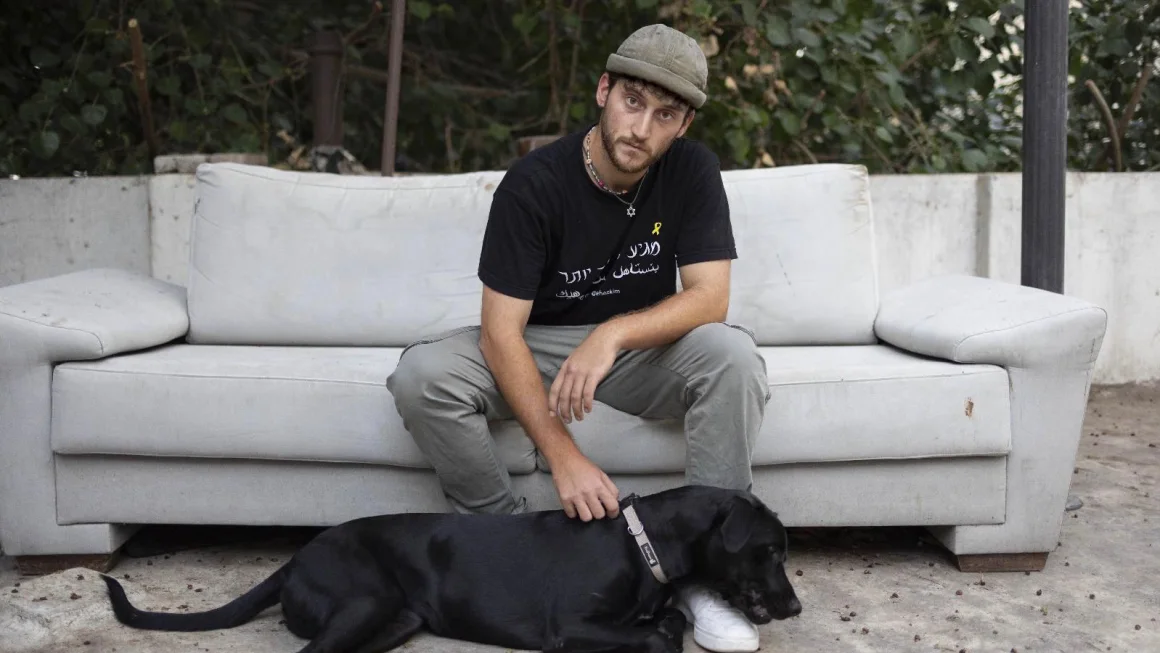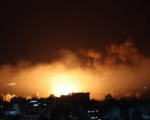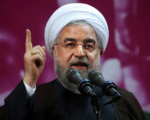Over 130 Israeli Reservists Refuse to Serve in Gaza and Lebanon

In a significant act of dissent, more than 130 Israeli reservists, including Yotam Vilk, have signed an open letter expressing their refusal to serve in military operations in Gaza and Lebanon unless a peace deal is reached to end the ongoing conflict and secure the return of hostages held by Hamas.
Personal Accounts of Dissent
Yotam Vilk, who voluntarily joined the military effort after the October 7 attack by Hamas, has spent over 230 days serving in Gaza. Despite his earlier commitment, he has now reached a point of moral conflict regarding his continued service. “On October 7, I didn’t hesitate… because my people were murdered… but now I see the Israeli government’s lack of urgency to resolve the situation,” Vilk told CNN. After completing two rounds of reserve duty in Gaza, he resolved not to return, believing military action should only serve as a means to achieve diplomatic solutions.
Vilk’s letter, addressed to Prime Minister Benjamin Netanyahu and Defense Minister Yoav Gallant, articulates a shared sentiment among the reservists: “For some of us, the red line has already been crossed… we will stop reporting for service.” This highlights a deep disillusionment with the Israeli government’s approach to the conflict, particularly its perceived failure to seek peaceful resolutions and the ongoing hardships faced by both Palestinians and Israeli hostages.
The Broader Context of Resistance
Max Kresch, another reservist who served on Israel’s border with Lebanon, echoed similar sentiments. He described the militaristic atmosphere during his service as deeply uncomfortable, particularly with comrades who held extreme views about the conflict. “It was very difficult for me… to hear soldiers express a religious duty to kill Palestinians,” he recounted.
The term “forever war” has emerged among critics of Netanyahu, symbolizing their fears that the conflict may be perpetuated for political gain. Kresch pointed out that, despite initial support for military action, he now views the continuation of hostilities as politically motivated rather than strategically necessary.
Call for Accountability
The reservists’ letter comes in the wake of rising tensions and ongoing military actions in both Gaza and Lebanon. The Israeli government has faced calls to address the dissenting voices within its ranks. Transportation Minister Miri Regev stated that there is “no place for refusals in the army,” emphasizing the government’s stance against dissent.
In the days following the letter’s publication, Kresch and Vilk received phone calls from military officials urging them to retract their statements, highlighting the pressure faced by those who dare to dissent. Despite this, both men remain steadfast in their convictions, prioritizing their moral choices and the need for a meaningful resolution to the conflict.
Conclusion: A Defining Moment in Military Service
The refusal of over 130 reservists to serve in ongoing military operations marks a critical moment in the Israeli military landscape. As they grapple with the implications of their decisions, the reservists are pushing for a reevaluation of military actions and advocating for a shift towards diplomacy and peace. Their actions reflect a growing movement within Israeli society questioning the direction of the conflict and the government’s strategies.





















